Houseplant Water Needs: How Much Water Should I Give My Plant
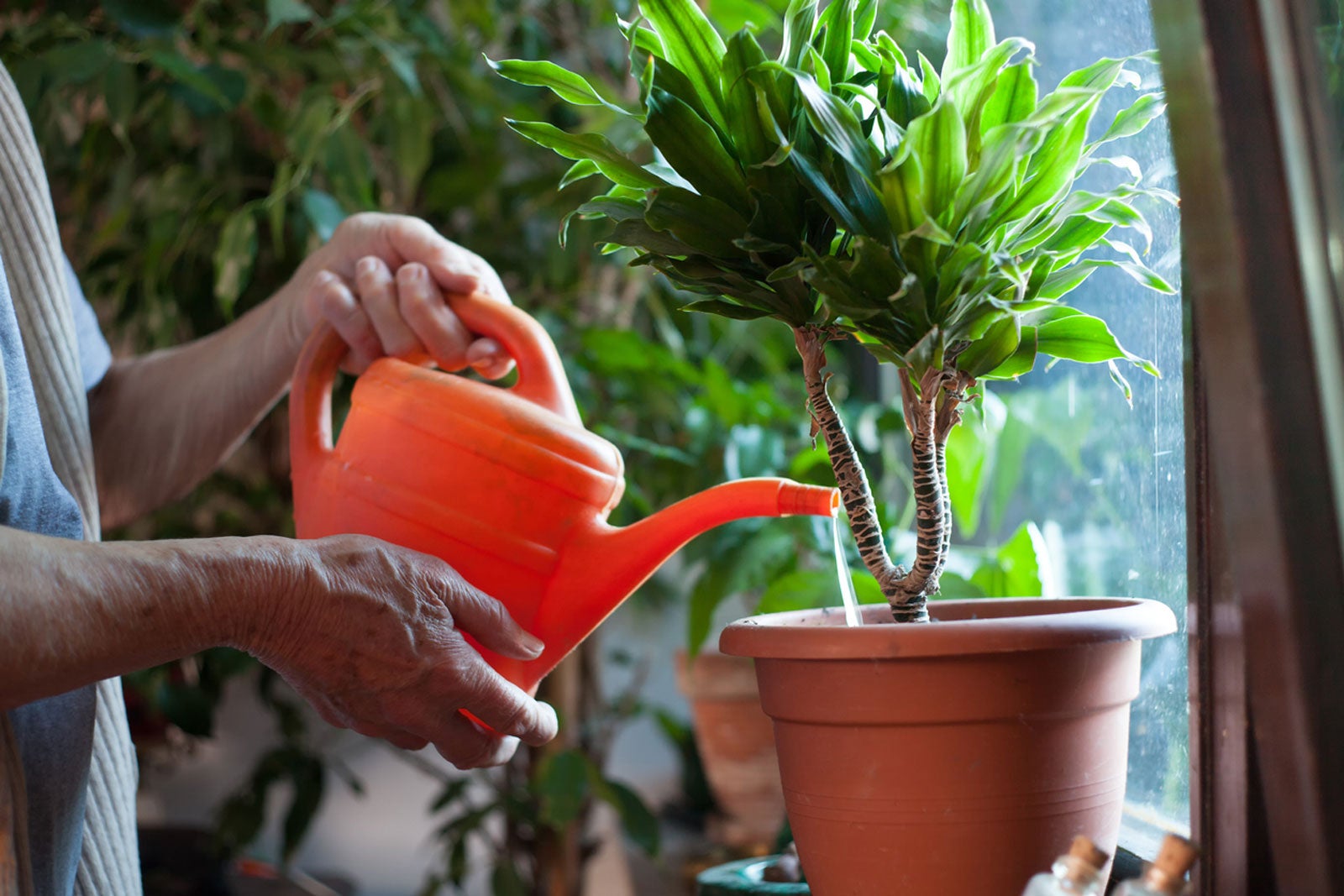

Even the most diehard plant parent can have trouble knowing individual houseplant water needs. If you have a variety of plants from different regions of the world, each will require a different amount of moisture, and that's where the tricky part comes into play. If you find yourself asking, “How much water should I give my plant?” then the following tips can help ensure you don't drown your plant darlings nor dry them to the point of death.
How Much Water Should I Give My Plant?
Bringing greenery into the interior freshens air, livens a space, and creates a restful sight for the eye. Houseplants are the best way to achieve all of this and provide diversity in your décor. Watering a houseplant is probably the most crucial care the plant needs, but many plants are finicky about their moisture requirements and can be difficult to gauge.
Houseplant watering doesn't have to be a guessing game if you know a few tricks.
All plants need water to survive, although some get moisture from the air and don't need direct watering. Even a cactus needs water, but too much can cause it root rot and too little will see it shrivel. In fact, over watering is the most common cause of death in indoor plants. If the roots of a plant are surrounded by water, they can’t absorb oxygen.
The first thing needed to provide adequate moisture is well-draining soil. Container plants need drainage holes and, in some cases, the potting mixture needs a bit of grit mixed in to increase porosity. Orchids get some bark in their mixture, while succulents like a little sand or small pebbles. Once you have drainage addressed, watering a houseplant is a much easier affair.
How to Water a Houseplant
Houseplant water needs vary by species, but the method used also differs. Some plants, like African violet, should not have water touch the leaves. Therefore, using a special watering can with a long nozzle or watering from the base are the preferred methods. Plant leaves may spot or develop fungal diseases if they remain wet for too long in warm, humid conditions.
Many plants seem to like water to come up from the roots. To achieve this bottom watering, you can put the container in a saucer and pour water into that for slow uptake. It is still a good idea to water from the top occasionally until excess pours from the drainage holes, which flushes salts from the soil.
Gardening tips, videos, info and more delivered right to your inbox!
Sign up for the Gardening Know How newsletter today and receive a free copy of our e-book "How to Grow Delicious Tomatoes".
Additional Tips on Houseplant Watering
Most experts agree – Do not water on a set schedule. That is because factors such as cloudy days, heat or cooling, drafts and other situations will affect the soil's dampness.
The best tip is to use your hands and feel the soil. If it is dry when you insert a finger, it is time to water. Water deeply each time to leach salts and get water to the roots. If there is a saucer, empty extra water after half an hour.
Use room temperature water to avoid shocking the plant. Many plants enter a dormant period in winter where they are not actively growing and should have irrigation cut in half. If in doubt, keep plants a bit on the dry side and use a moisture meter to accurately gauge each plant's needs.

Bonnie Grant is a professional landscaper with a Certification in Urban Gardening. She has been gardening and writing for 15 years. A former professional chef, she has a passion for edible landscaping.
-
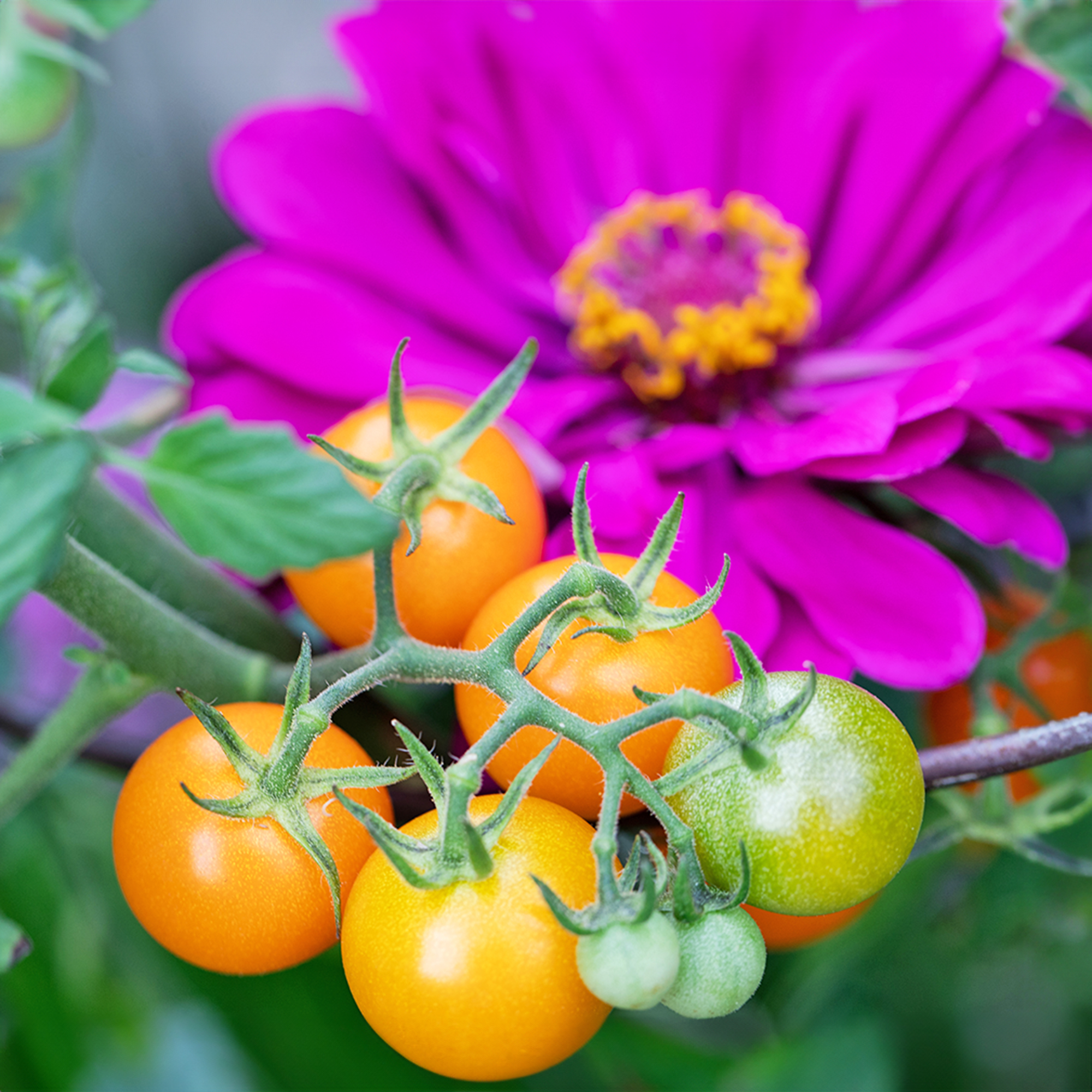 8 Perfect Flowers To Plant With Tomatoes To Boost Yields & Banish Pests
8 Perfect Flowers To Plant With Tomatoes To Boost Yields & Banish PestsDon’t forget flowers when choosing companion plants for your tomato beds or pots. These pretty, fragrant blooms add beauty but are also highly beneficial.
By Mary Ellen Ellis
-
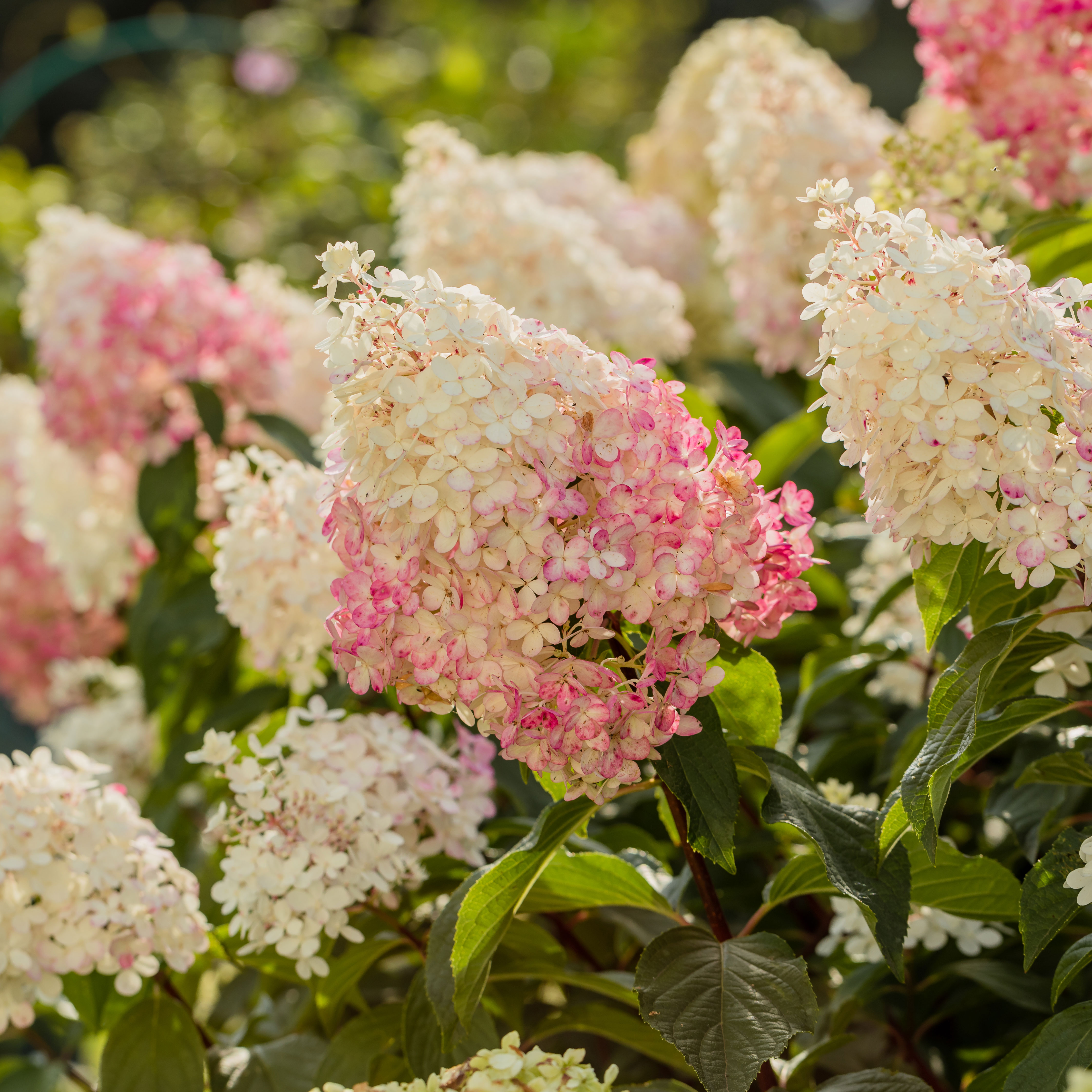 Want The Longest Lasting Hydrangea Flowers? Grow These 8 Panicle Hydrangea Varieties
Want The Longest Lasting Hydrangea Flowers? Grow These 8 Panicle Hydrangea VarietiesFor ornamental shrubs that deliver the longest flowering seasons with plush blooms and delicate hues, these panicle hydrangea varieties are essential in your yard
By Tonya Barnett
-
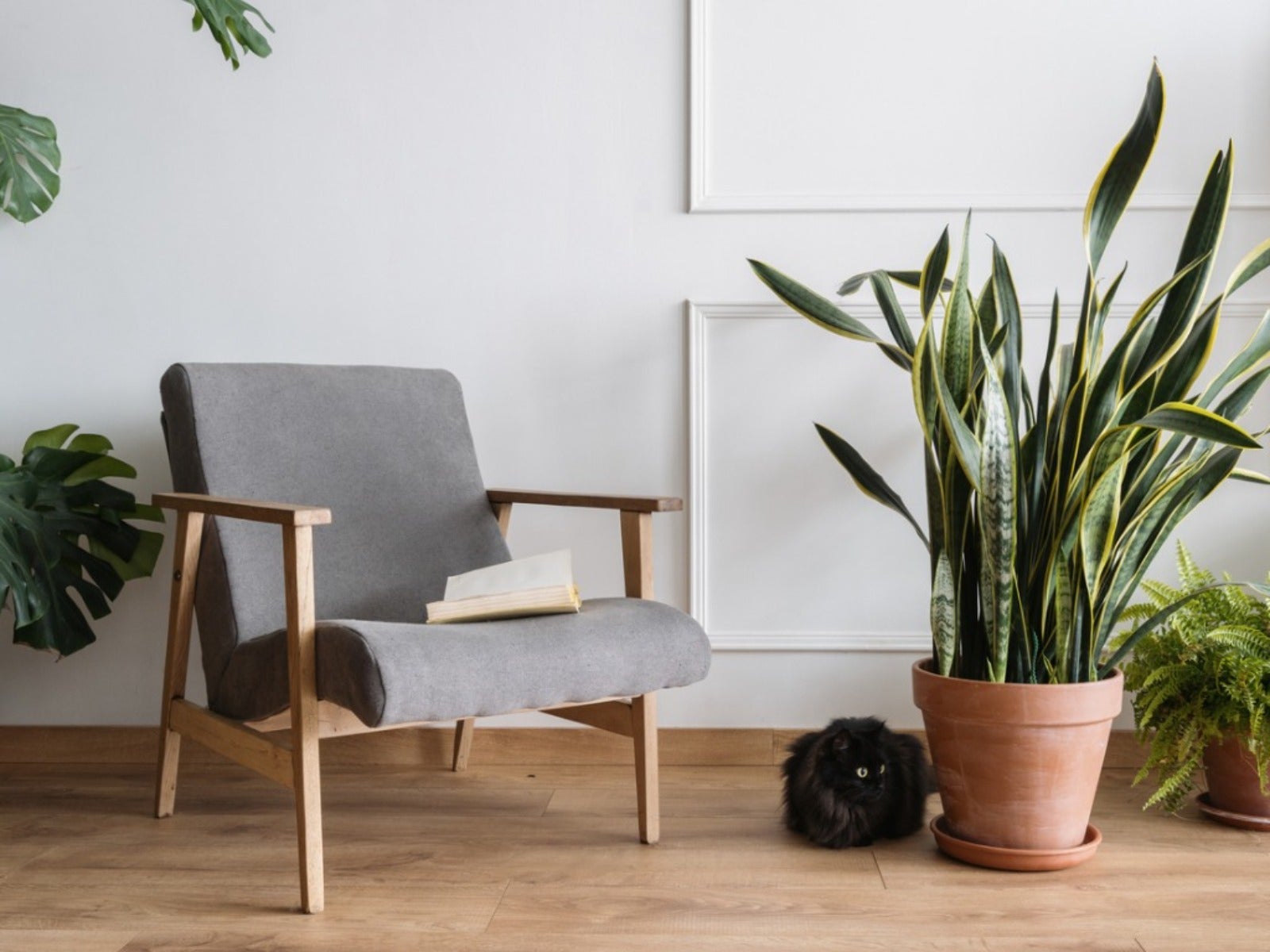 8 Easy Care Houseplants That Live A Long Time
8 Easy Care Houseplants That Live A Long TimeClick here to learn about our 8 favorite low maintenance houseplants that can, with proper care, live a long time.
By Amy Grant
-
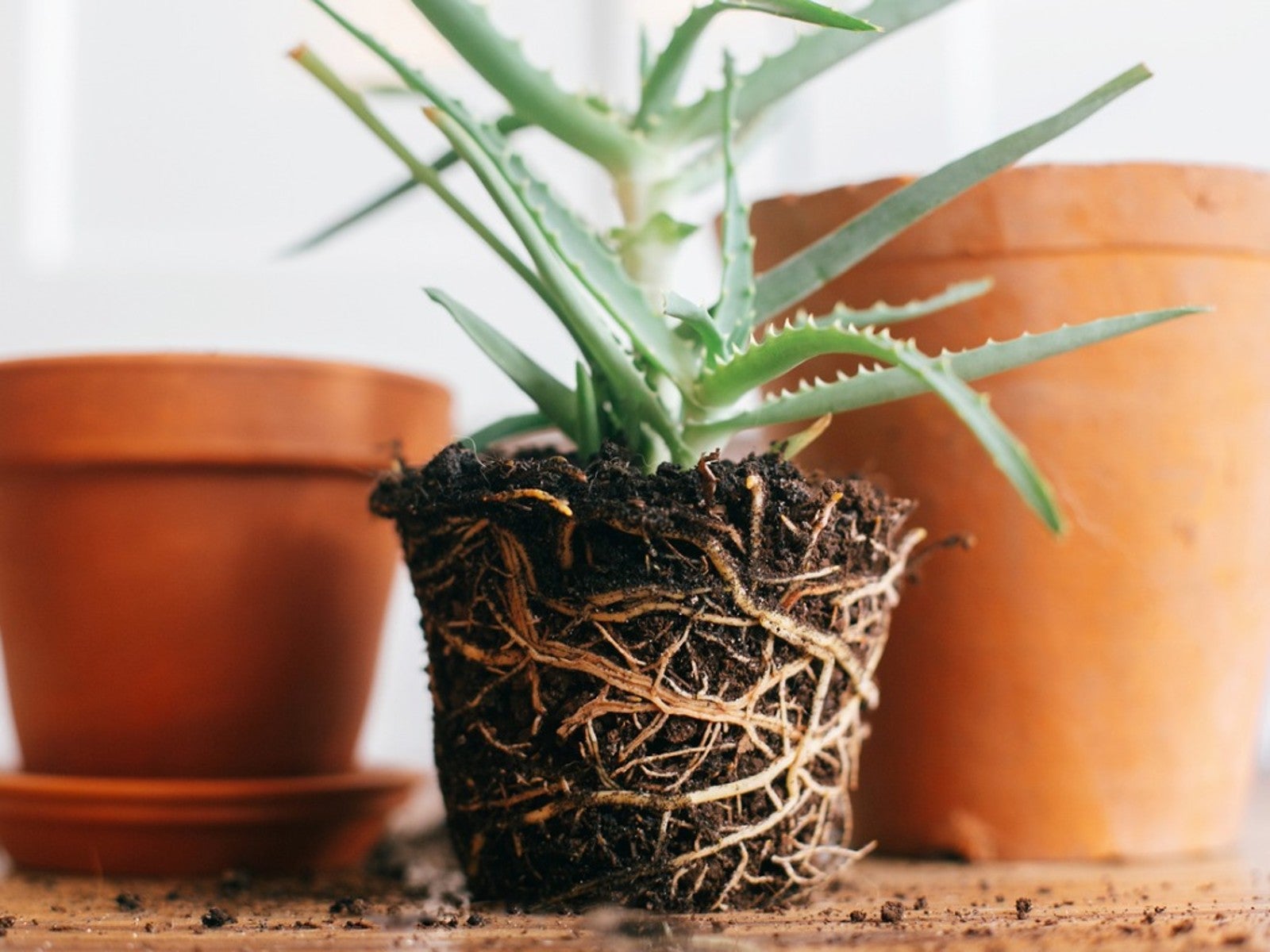 How Often Should You Repot Plants?
How Often Should You Repot Plants?Escaping roots and shrinking leaves may mean your plant wants a new pot, but some like staying cramped and cozy.
By Mary Ellen Ellis
-
 Orange Flowering Houseplant Varieties With Tropical Flair
Orange Flowering Houseplant Varieties With Tropical FlairClick here to learn about some cheerful orange-blooming houseplants you can try growing.
By Mary Ellen Ellis
-
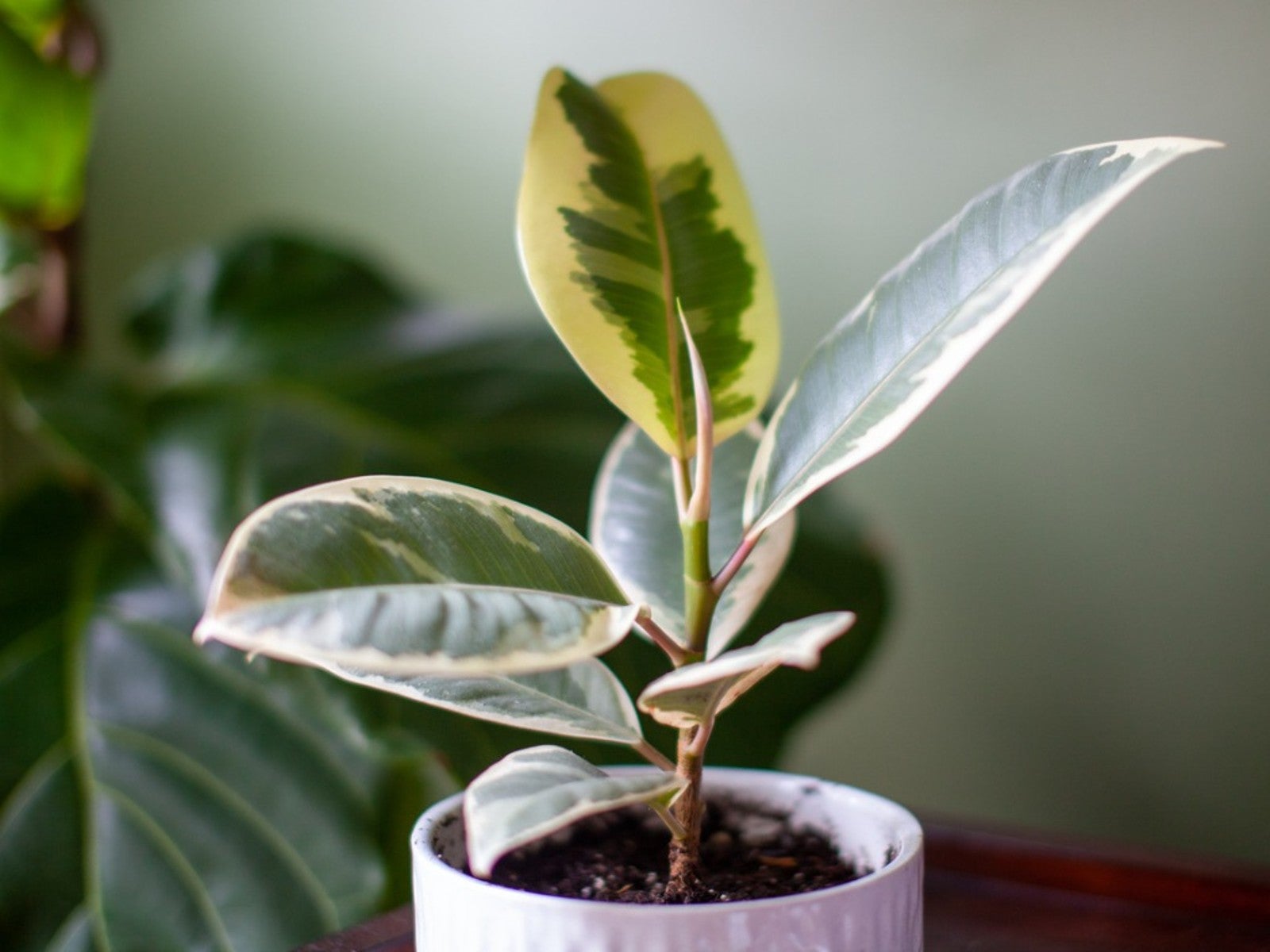 Variegated Houseplants With Lovely Leaves
Variegated Houseplants With Lovely LeavesWhat are some of the best variegated houseplants to add to your collection? Click here to find out.
By Amy Grant
-
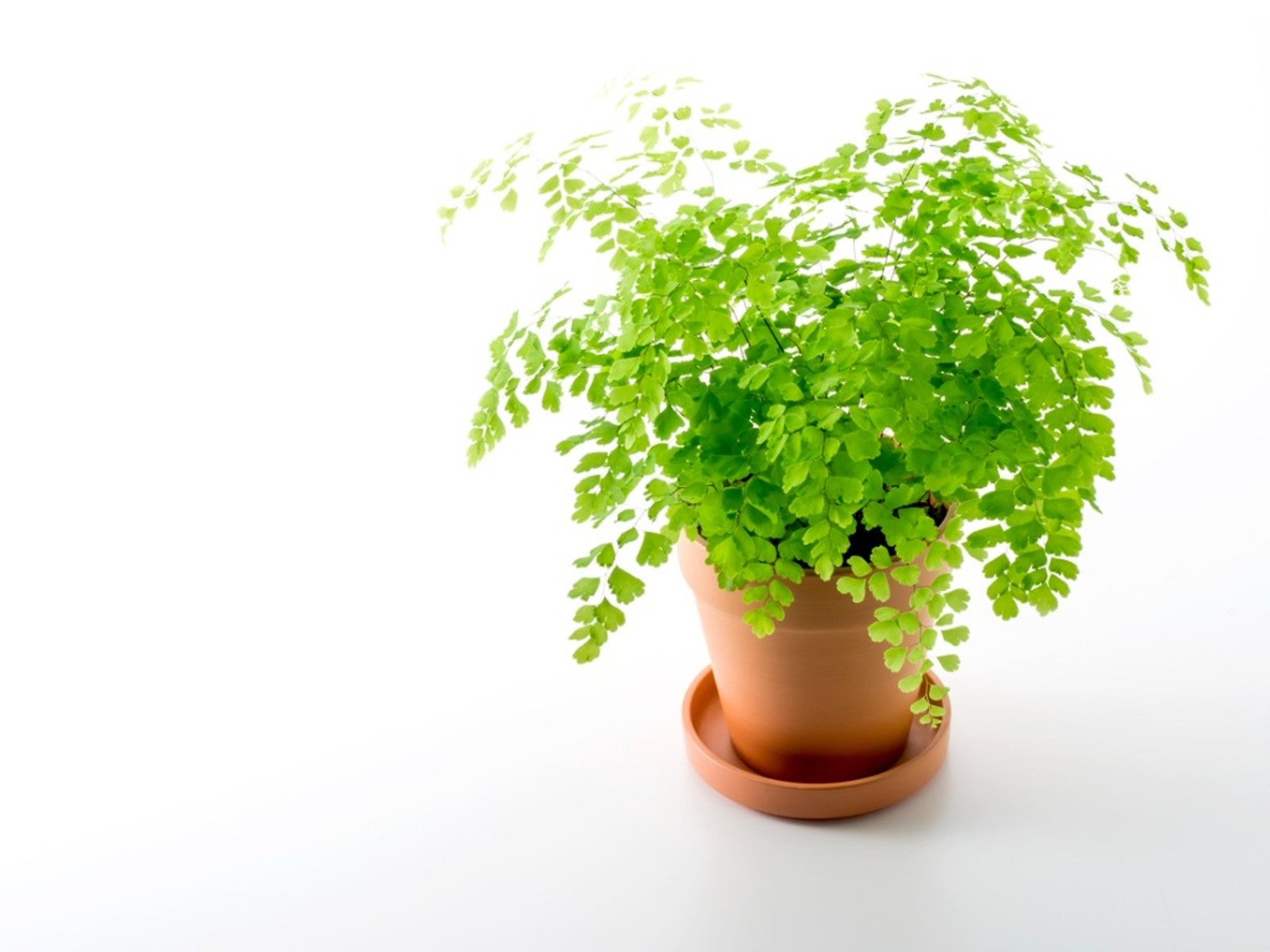 Lovely, Lacy Indoor Foliage Plants
Lovely, Lacy Indoor Foliage PlantsClick here to learn about some houseplants with lacy foliage to add to your collection.
By Mary Ellen Ellis
-
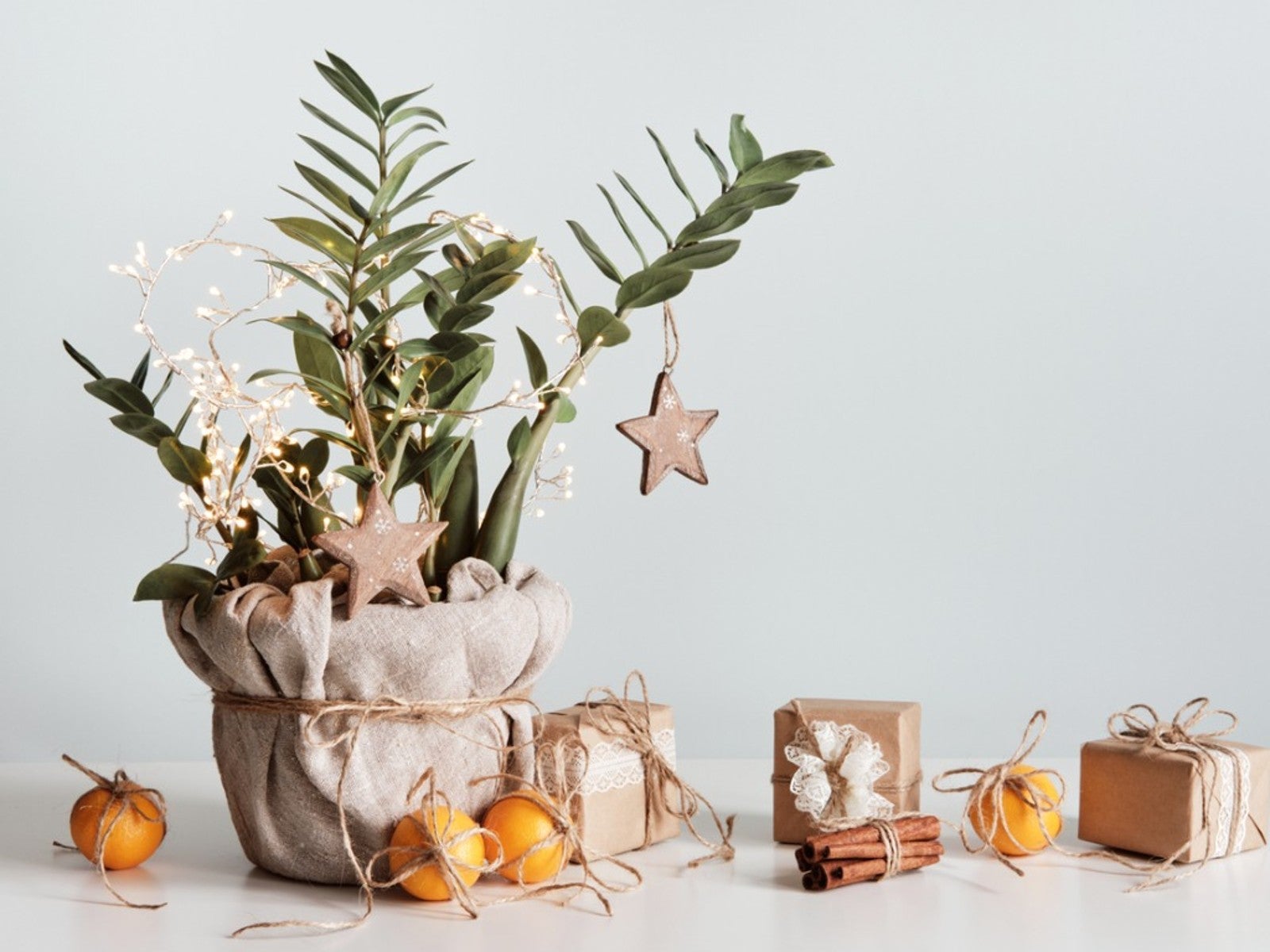 Best Christmas Houseplants And Plants For Winter Holidays
Best Christmas Houseplants And Plants For Winter HolidaysClick here for an idea of the best houseplants to use for holiday décor for Christmas, Hanukkah, Kwanzaa, and New Year’s.
By Laura Miller
-
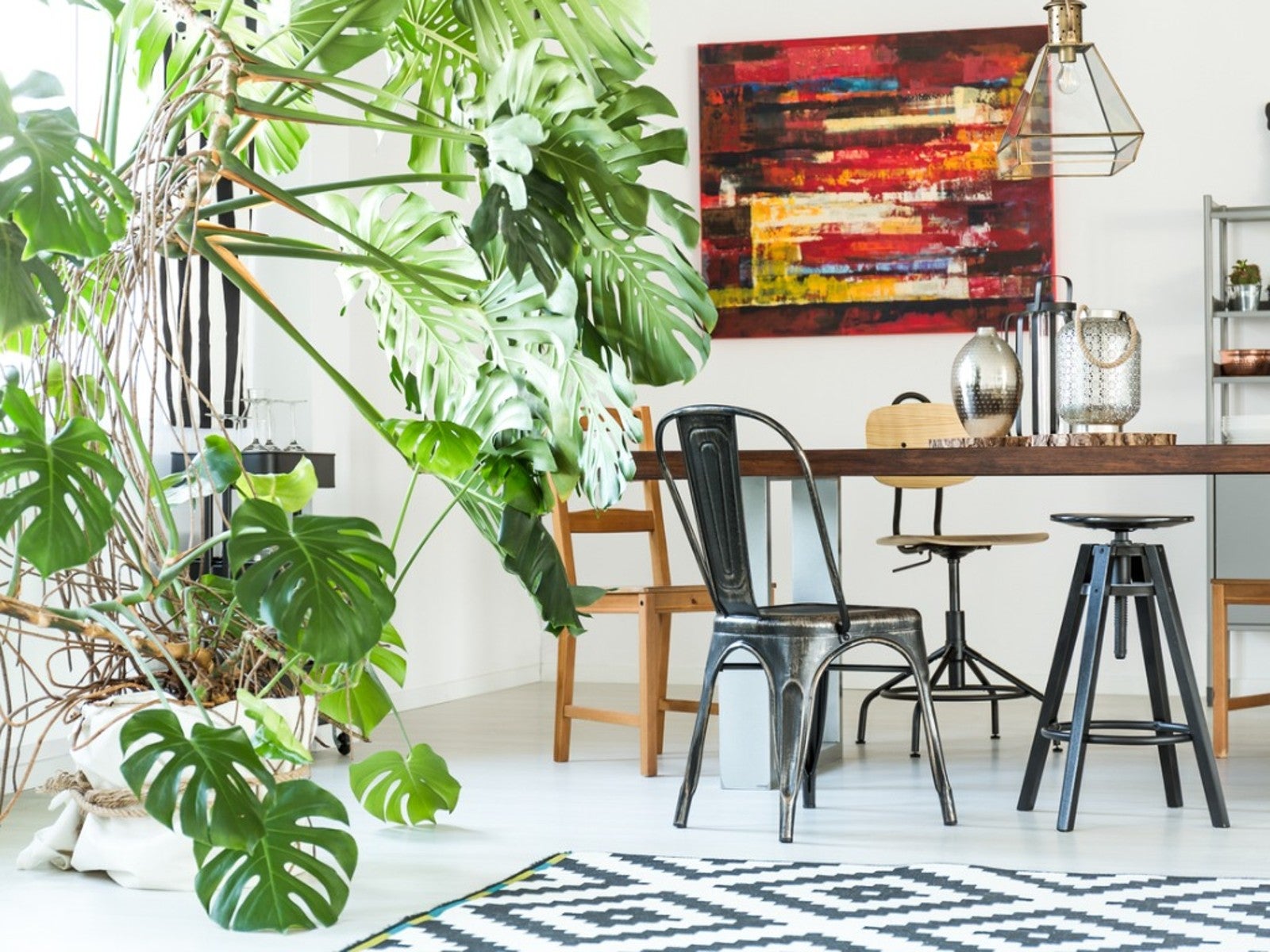 Best Big Houseplants To Create An Indoor Oasis
Best Big Houseplants To Create An Indoor OasisIf you have the space you may want to grow some large houseplants. Here are some ideas.
By Mary Ellen Ellis
-
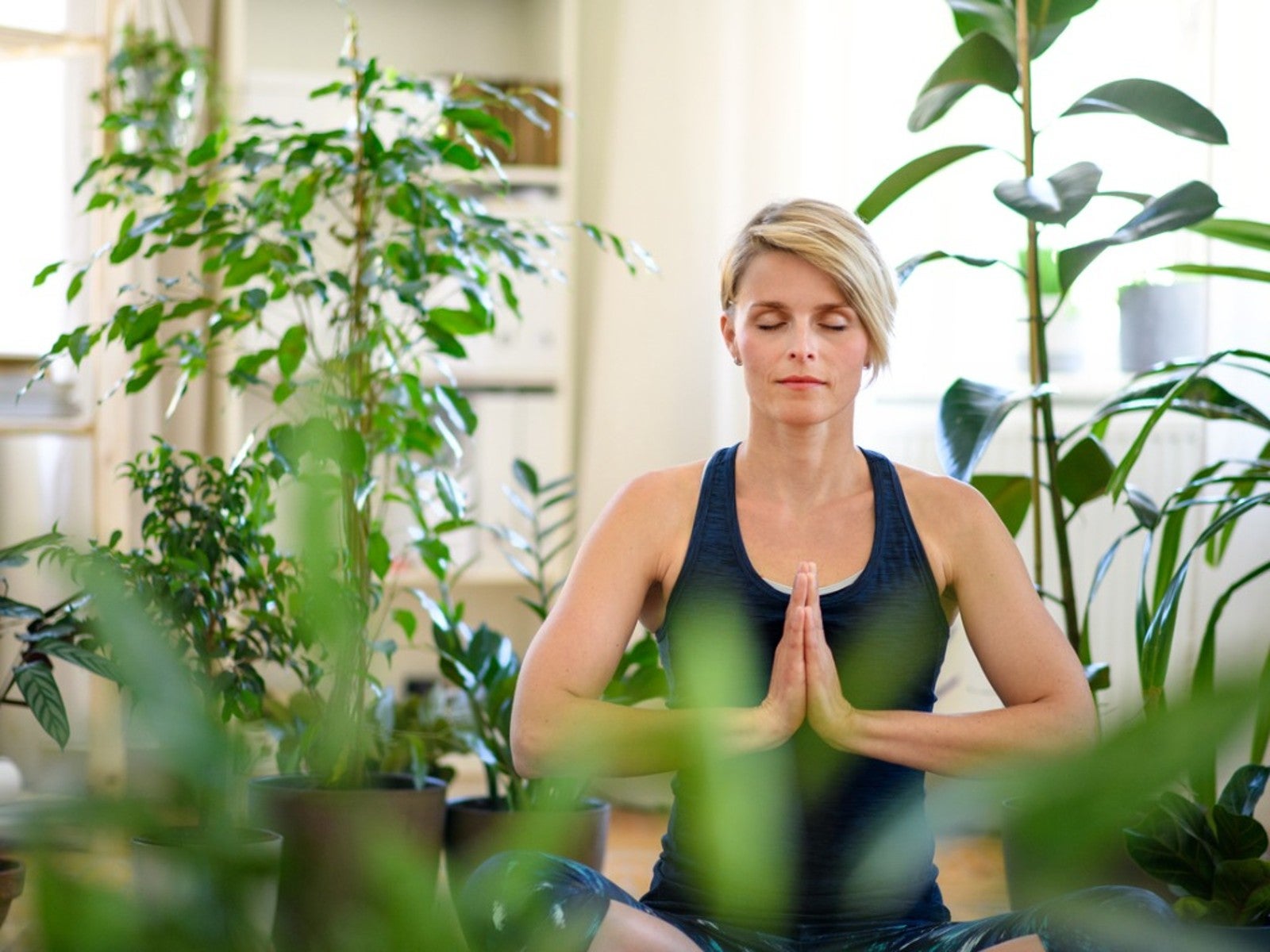 Relaxing Plants To Grow Indoors For A Calmer Mind
Relaxing Plants To Grow Indoors For A Calmer MindAre there houseplants that can help you to relax? Click here to find out.
By Laura Miller